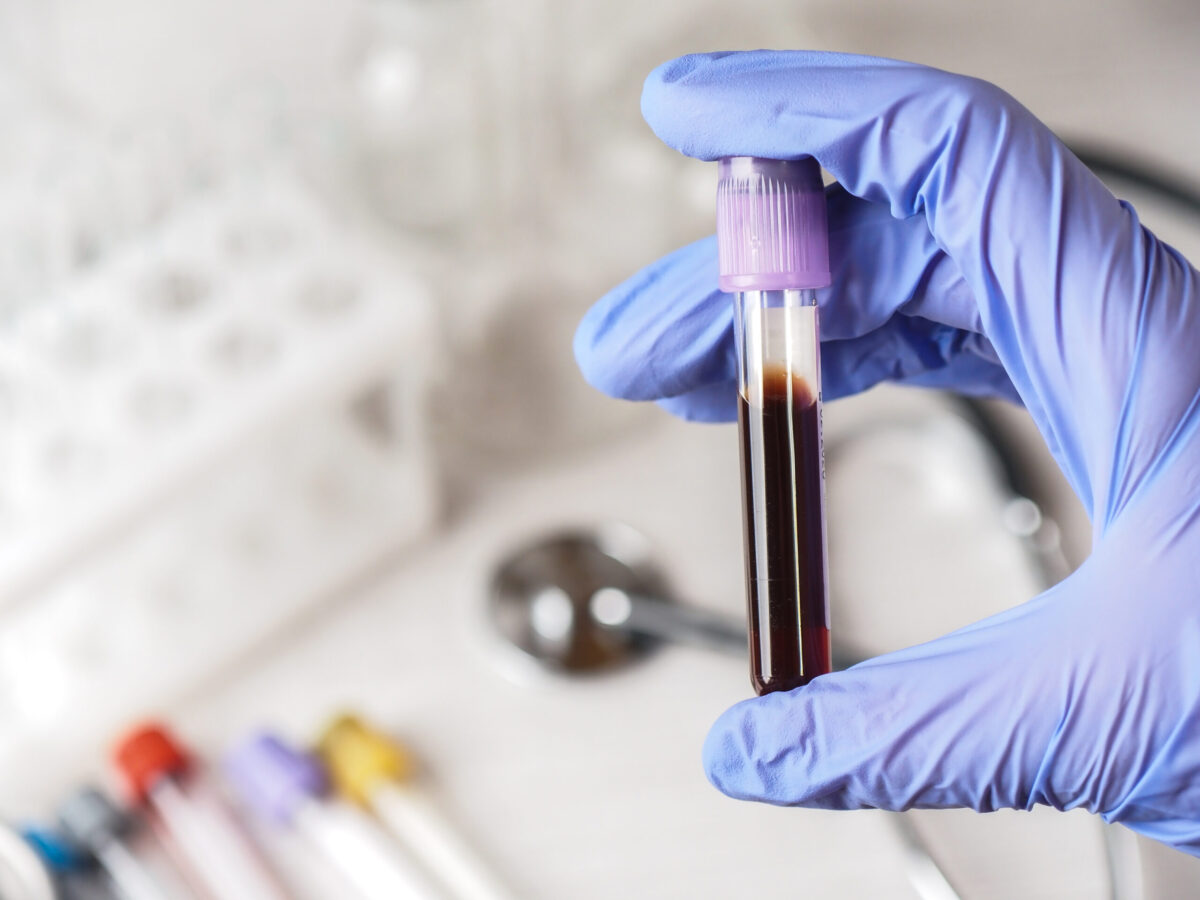With all the uncertainty around the new SARS-CoV-2 variant, Omicron (B.1.1.529), diagnostic test makers are assuring people that their COVID-19 PCR tests work just fine in detecting the latest version of the coronavirus.
Upon being declared a variant of concern by the World Health Organization (WHO) on Friday last week, companies like Thermo Fisher Scientific, Qiagen, Abbott, Cue Health and Co-Diagnostics have said that their current SARS-CoV-2 assays are able to detect the Omicron variant of the virus. Hence, there is no impact of the new variant on the PCR-based diagnostics.
In a news release, Thermo Fisher confirmed that the company’s TaqPath COVID-19 PCR test kits that detect the presence of SARS-CoV-2 “are not impacted by the emerging B.1.1.529, or Omicron variant, enabling accurate test results.”
Similarly, Qiagen also provided confirmation that all three of its COVID-19 PCR tests are capable of spotting Omicron.
To ensure the new tests can identify Omicron based on its mutations, the companies assessed their tests against sequences in public databases of genomic data, such as GISAID and GenBank.
Rapid COVID-19 test maker Cue Health said 99.2 percent of the published Omicron sequences match the ingredients used in its molecular COVID-19 test. Cue is also currently working with Google Cloud and genomics company Helix to study variants and share mutation sequencing data. Co-Diagnostics also reported positive results from assessment of the effectiveness of its molecular diagnostics against Omicron’s genomic sequences.
Researchers say it will take a few weeks before more is known about the transmissibility, virulence (i.e., the severity of disease) and potential for immune evasion of Omicron. Moreover, it is also not known how the current COVID-19 vaccines and drugs will hold up against Omicron. Thus far, there are reports of some of the identified infections being mild, but this is so far only anecdotal.
Omicron’s identification has led countries to reimpose travel restrictions. The variant has been detected in more than a dozen countries so far.
Related: Omicron Designated as a Variant of Concern by WHO: What We Know About It So Far
The Omicron variant raised alarm bells due to its rapid spread in the region of Southern Africa where it was first detected. The country of South Africa has a particularly sophisticated infectious disease monitoring, surveillance and research infrastructure, which is why the country has been at the forefront in both the identification of coronavirus variants as well as COVID-19 vaccine trials.
While researchers are still working out the epidemiological, clinical and molecular details of Omicron, so far, it is known that the variant is laden with up to 50 mutations, 30 or so of which are just in its outer spike (S) protein. The S gene that encodes the characteristic protein harbors a deletion mutation (69-70del), which was also identified in the Alpha variant.
Qiagen said it will continue to monitor the potential impact of Omicron on its COVID-19 PCR tests by conducting bi-weekly surveillance of genetic variations.
While most of the current COVID-19 PCR tests involve detection of spike RNA, Cue’s test does not and, instead, is based on identifying RNA encoding the virus’s nucleocapsid proteins. Similarly, Abbott explained that both its rapid antigen and PCR tests do not depend on detection of the genetic material that codes for spike. The company said as a result, Omicron’s spike mutations do not impact the accuracy of its tests.
Thermo Fisher’s TaqPath COVID-19 assays identify infection by SARS-CoV-2 by detecting the presence of gene targets in the orf1a/b, S (spike) and N (nucleocapsid) regions of the virus. The coverage across three gene regions means that if one is affected by a mutation, the variant is still detectable based on the other two.
As such, in the case of the S region deletion — which renders S-gene targets to drop out and be unidentifiable in the test — Thermo Fisher developed 2.0 versions of its TaqPath COVID-19 PCR test to only include gene targets across the orf1a/b and N regions, as they are not impacted by mutations in the Omicron variant. Given this, Thermo Fisher concluded that the “overall accuracy of the TaqPath COVID-19 assays is not impacted.”
“Like all viruses, we have always known that SARS-CoV-2 would continue to mutate and that effective testing strategies are a key to curbing the pandemic,” Thermo Fisher Scientific executive vice-president and chief operating officer Mark Stevenson said.
“That is why we developed assays with additional built-in checks and balances, to ensure that clinicians, researchers and public health officials would have effective tools to accurately test for Covid-19 even as the genetic makeup of the virus evolved.”
Thermo Fisher’s COVID-19 PCR tests were backed by Tulio de Oliveira, director of the Centre for Epidemic Response and Innovation at Stellenbosch University and the University of KwaZulu-Natal in South Africa who said, “The Thermo Fisher test allowed us to detect cases that may contain the new variant by identifying samples exhibiting S-gene dropout.
“This early identification is very important in helping us track and understand the spread of the B.1.1.529 variant to South Africa and the world.”












Join or login to leave a comment
JOIN LOGIN